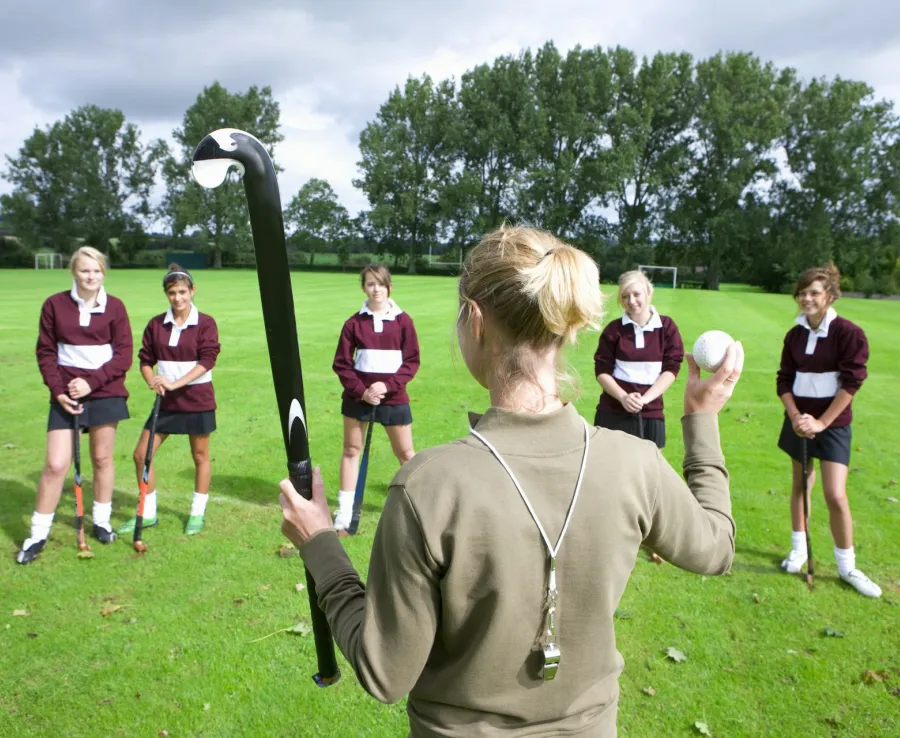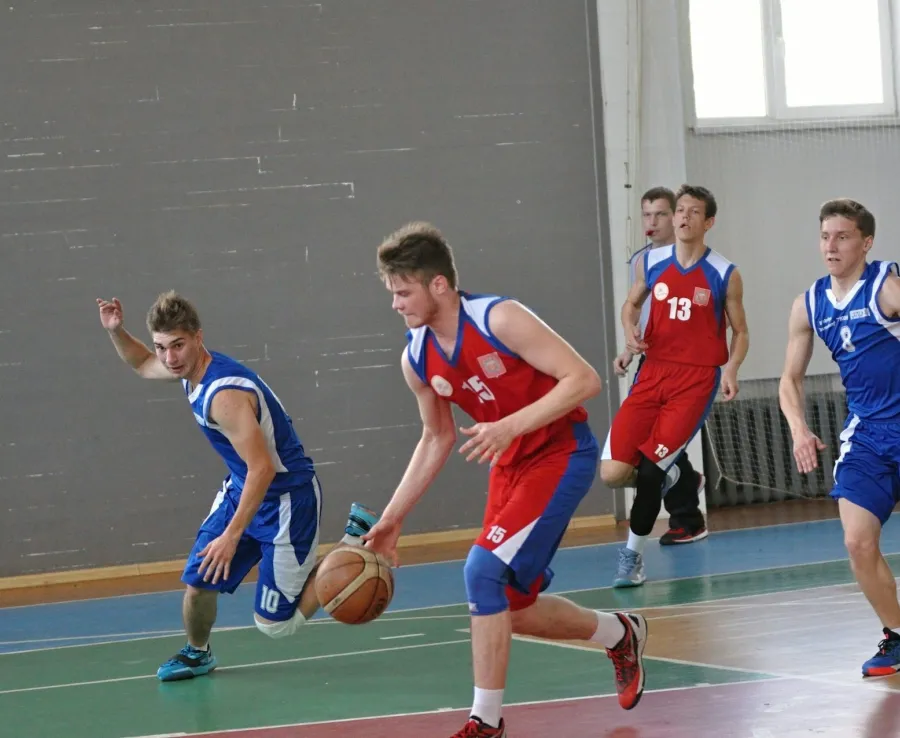Sport is massive and it’s everywhere: on TV, in videogames, and on the streets. As a consequence, myths about the inherent greatness of sport have grown. One such myth is the belief that sport itself is ideally suited to help disadvantaged young people develop “socially” and “psychologically”. And that sport is capable of teaching “teamwork” or “leadership”. The Conversation
It is frequent to hear phrases such as “rugby teaches discipline”, or “football teaches teamwork”. And what these sentences have in common is the assumption that there is an inherent, almost magical, quality in both rugby and football.
On the basis of this assumption, disadvantaged young people are encouraged to join youth sport programmes which use sport as an educational tool. The goal of these programmes – which are frequently run by charities – is to develop young people into “good citizens” by teaching them “life skills” – like teamwork or discipline.
Unfortunately though it isn’t quite that simple.


